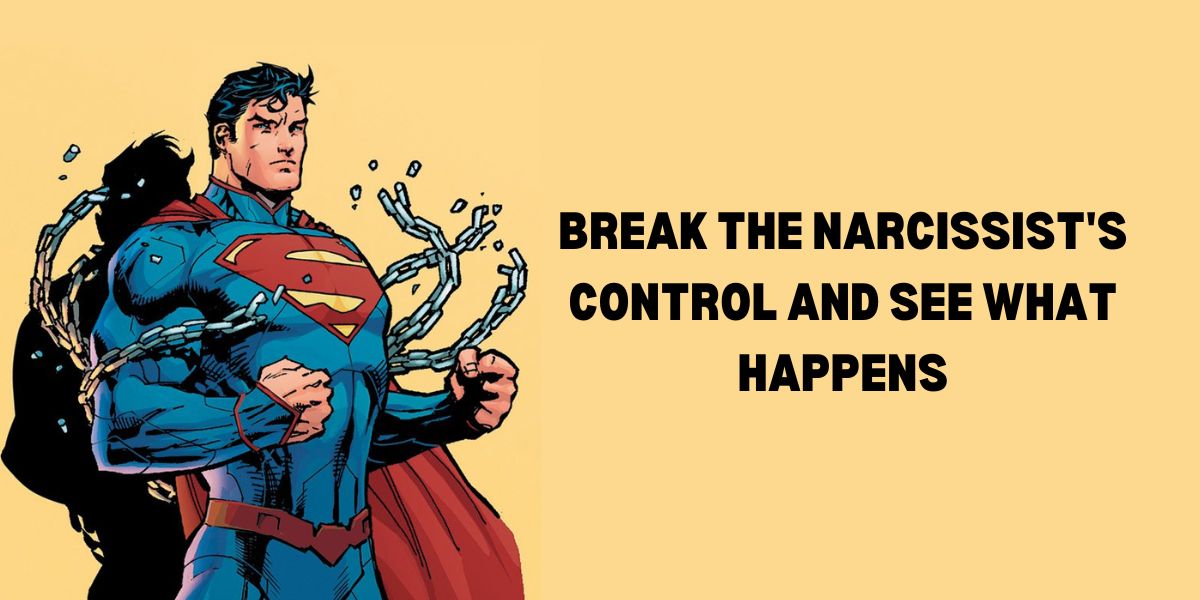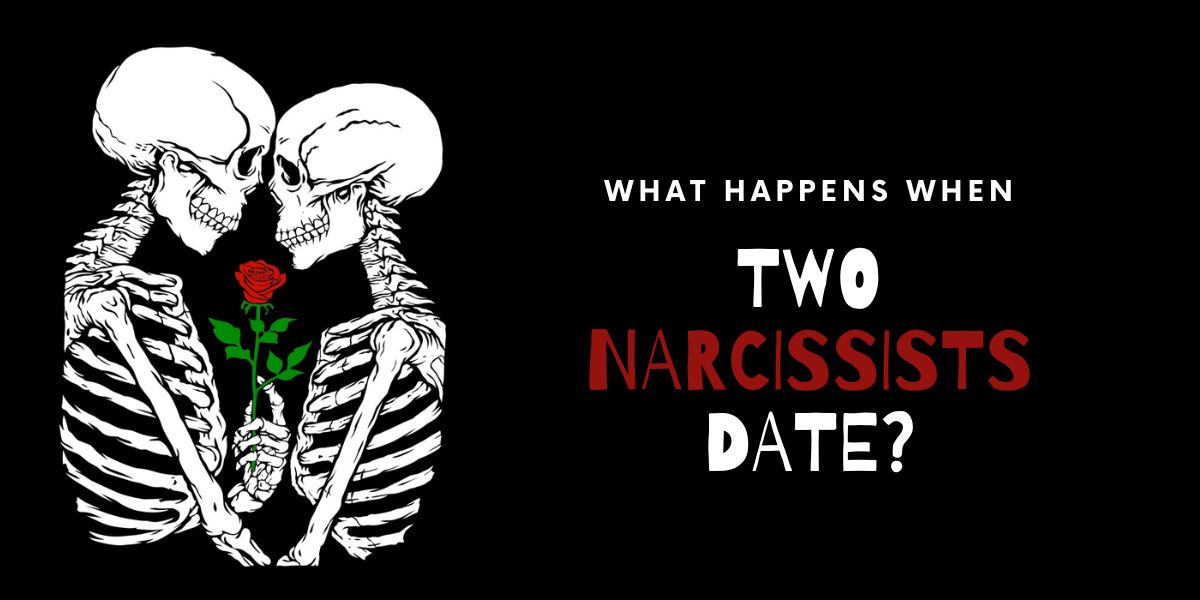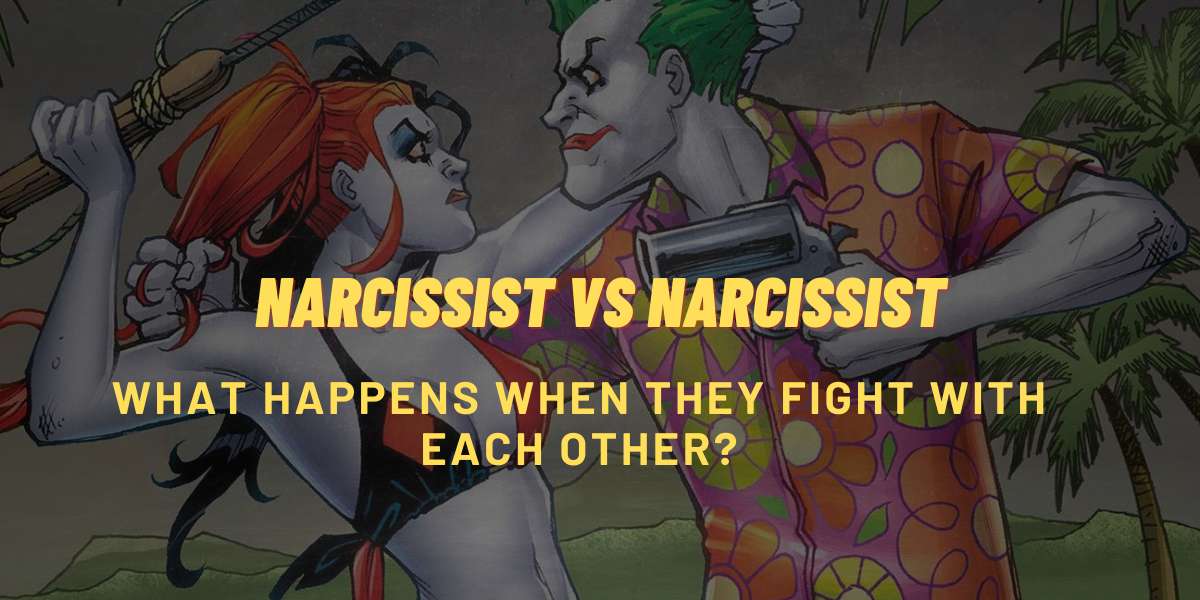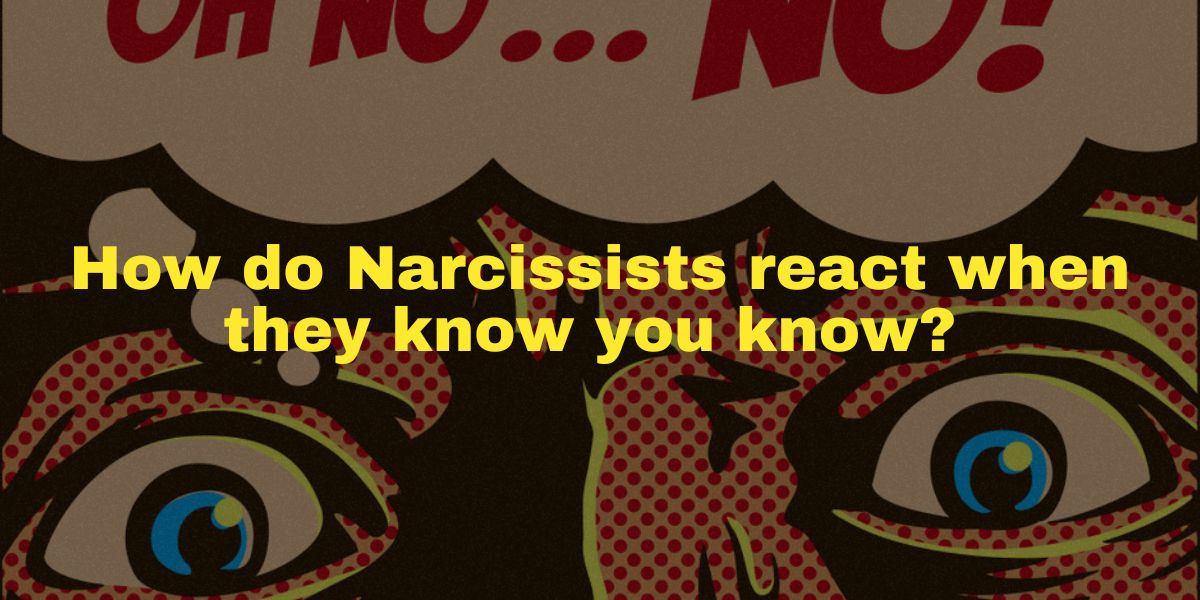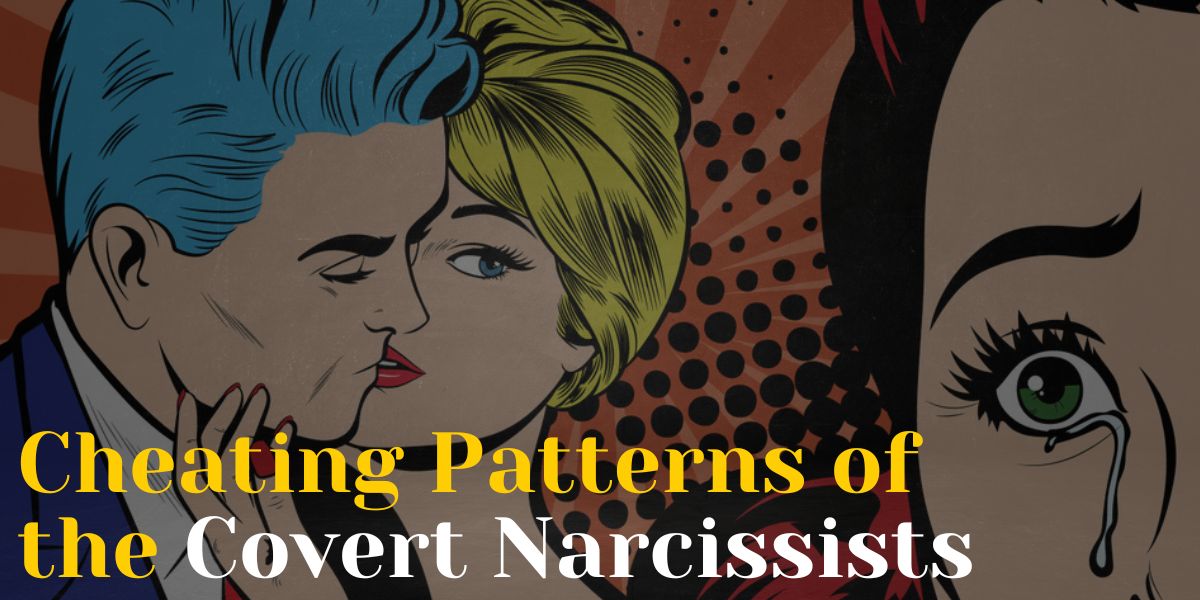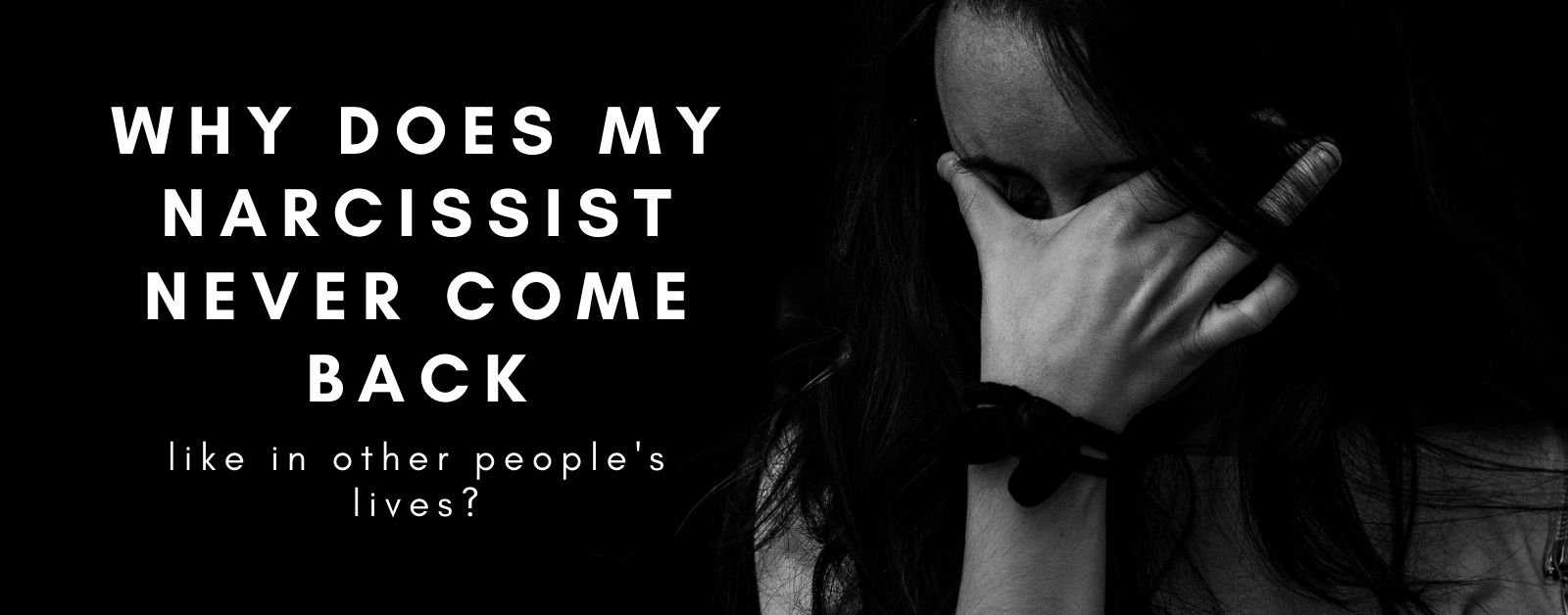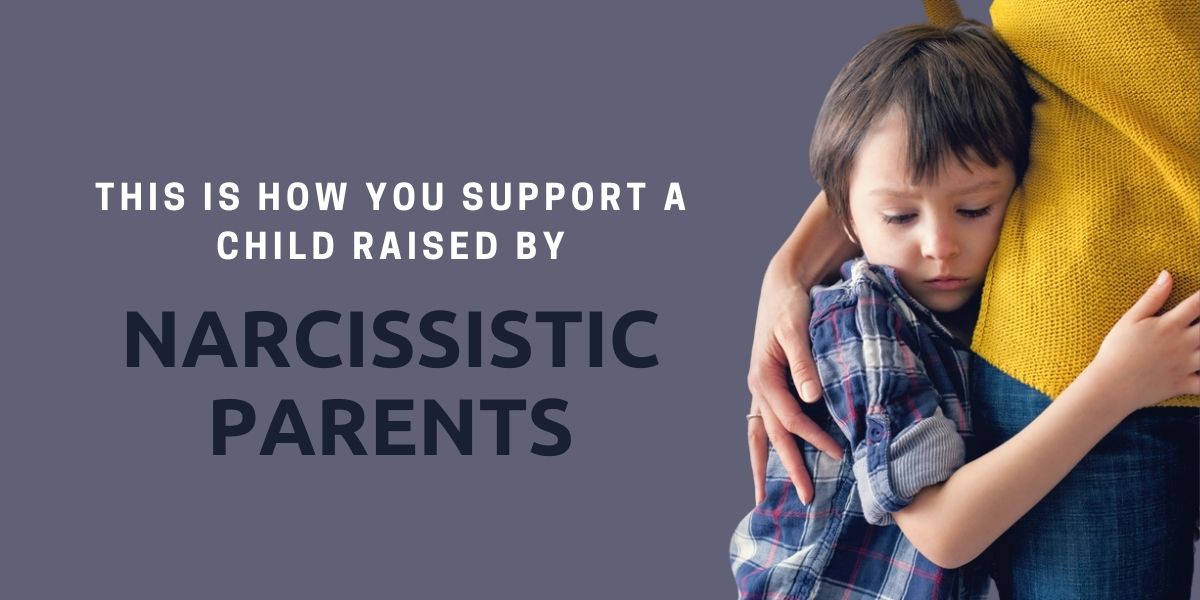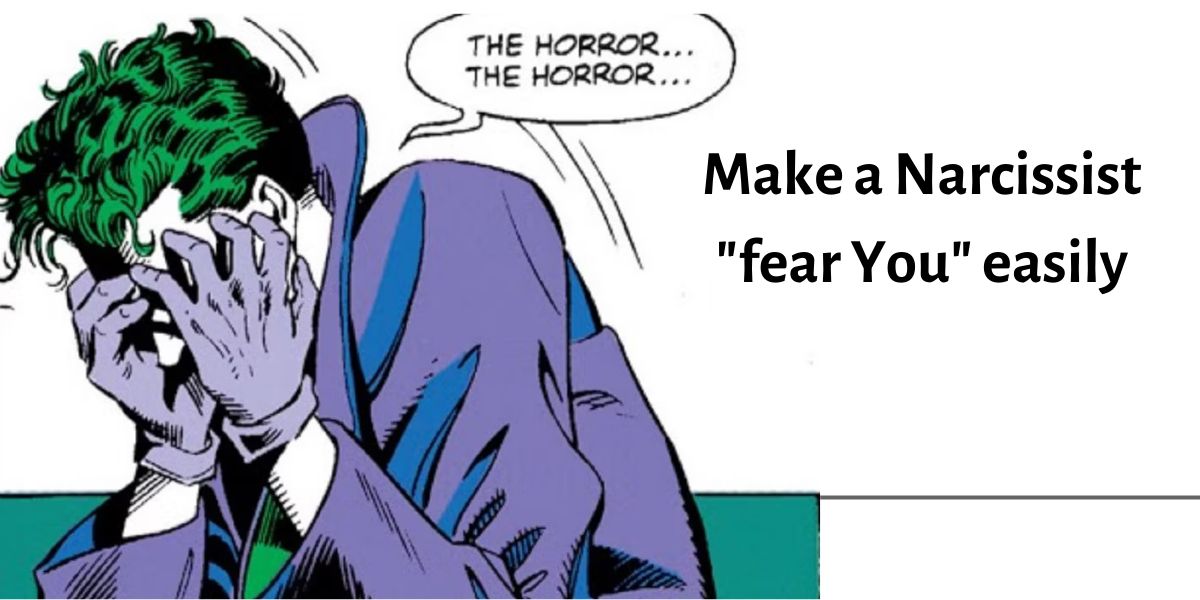
How to Make a Narcissist Fear You?
Narcissists often seem very confident and fearless. But have you ever wondered: what if they can feel fear too? It’s an interesting idea – the person who usually makes others feel afraid might actually be afraid themselves. But do they really face their fears? Let’s find out how to make a narcissist fear! Narcissists may seem like they have it all together, but beneath their grandiose facade lies a dark secret: a deep-seated fear of inadequacy and vulnerability. So, how do you get the fear out of the abuser who frightened you for the time being? Can Narcissist Feel Fear? Yes, narcissists can feel fear, even if they don’t show it in the way most people do. Their abusive and controlling behavior often hides deep insecurities and fears that they try to mask with a strong or intimidating front. A narcissist can be frightened in the same way as anyone else. However, narcissists may experience fear differently from others due to their exaggerated sense of self-importance and desire for admiration. A study published in the journal Personality and Social Psychology Review found that narcissists were more likely to experience fear in response to threats to their self-esteem or ego, such as criticism or rejection, rather than physical threats or danger. The study also found that narcissists may be less likely to seek social support in response to fear, as they may view it as a sign of weakness or vulnerability. What do Narcissists Fear? Narcissists are inherently afraid of anything that might expose their vulnerabilities and imperfections. Any situation or interaction that threatens to dismantle this carefully crafted persona is met with fear like the following, Rejection Narcissists often fear being abandoned or rejected because their self-esteem depends on how others see them. If they feel someone is pulling away, it can trigger a sense of panic. Failure They might seem confident, but inside, they can be terrified of failure. Losing status, respect, or control over a situation can feel like a personal attack on their worth. Being Exposed Many narcissists create a “perfect” image of themselves. They fear that their flaws, weaknesses, or mistakes will be revealed, which could make them feel humiliated. Loss of Control Narcissists thrive on control. If they lose power over someone or something, it can leave them feeling vulnerable and scared. Criticism Even mild criticism can feel like a big threat to a narcissist. They fear being seen as “less than” or unworthy in the eyes of others. How do Narcissists react to Fear? Before we talk about how to make a narcissist afraid, let’s first warn you about how they might react when they feel scared. When faced with fear—like rejection, failure, or criticism—narcissists often respond with defensive behaviors to protect their fragile self-esteem. Initially, they might react with denial, dismissing the threat or pretending it doesn’t bother them. If the fear deepens, they may escalate to anger, blaming others, or lashing out to regain control and dominance. This response helps them avoid confronting their vulnerability. In extreme cases, their reactions can become abusive or manipulative, such as gaslighting, emotional outbursts, or even aggressive intimidation. Their goal is to shift the focus away from their fear and onto others, ensuring their image of superiority remains intact. These responses, while harmful to others, are a way for narcissists to shield themselves from feeling powerless or exposed. Escape Narcissist’s Reaction to Fear How to make a Narcissist Fear You? Here are a few steps that can make a narcissist feel uncomfortable or fearful—not out of malice, but to help you maintain control and protect yourself. It is always better to make a narcissist back off from you! 1. Set Strong Boundaries A Step that always comes first when dealing with narcissists. They fear losing control over others. By setting and sticking to firm boundaries, you show them they can’t manipulate or dominate you. For example: “I won’t tolerate being spoken to disrespectfully. If it happens, I will leave the conversation.” Setting boundaries is not just for narcissists, it’s a life skill that everyone needs to know to give others only limited access to your life. To other people, setting boundaries is a form of understanding whereas, to narcissists, it’s not. Narcissists fear boundaries. 2. Don’t Argue After Saying “No” When you say “no” to a narcissist, they will often try to argue with you or wear you down into compliance. To avoid this, it’s important not to argue after saying “no” because that’s when they’ll start trying to convince you. This is because, narcissists always use your opinions against you in the form of gaslighting and if you don’t argue after saying “no,” narcissists may fear that they’re losing control over you. They may become frustrated and try to manipulate you into changing your mind. 3. Withdraw Attention Narcissists crave attention and validation. Ignoring their tantrums, silent treatments, or dramatic behaviors can make them feel powerless. Practice the “gray rock” technique: be emotionally neutral, giving them nothing to feed off. 4. Don’t show empathy Does the narcissist expect empathy from you? Yes, narcissists use empathy as a tool to gain attention and validation from their victims. Especially covert narcissists tend to use their vulnerabilities (let’s say, The narcissist cries whenever you want to fight them for their mistake) to the victim and get instant control as well as validation. But if you stop showing the validation out of empathy, the narcissist might start getting the reality of their vulnerabilities and fear that their vulnerabilities won’t be validated by you. 5. Start Engaging with their Friends Narcissists tend to show off themselves as great socializers by having more friends. But once you start socializing with their friends, they would start panicking and feel insecure about this. This is because narcissists claim to have friends who are close but they’re not. Friends always know about the narc and remember how the narcissist treated them. Hence, you socializing with them would reveal…







